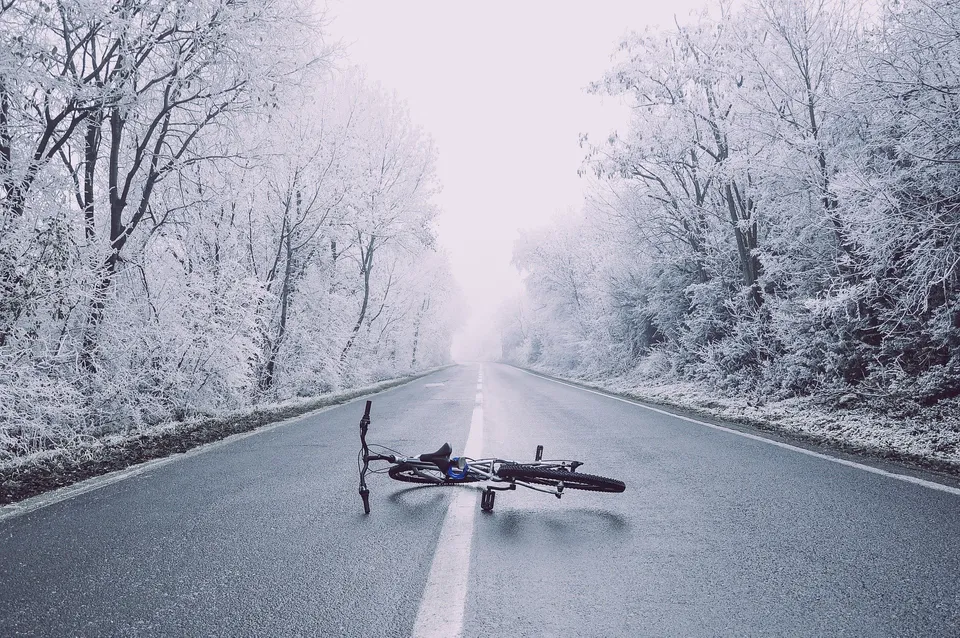We conducted an interview with Svenja about her dangerous experiences in road traffic. We want to show you how she answered our questions and, above all, how she assesses the safety of cyclists in road traffic.
Svenja considers herself a mountain biker, road cyclist and commuter. Within a single year she covers more than almost 4000 kilometers on her bike. Anyone who rides a bicycle in traffic almost every day has already seen and experienced a lot.
Svenja also describes that she has unfortunately been exposed to countless dangerous situations and has even been the victim of a traffic accident in Israel. She attributes these dangerous situations and also the accident to motorists passing to close. She describes that the drivers either pulled out too late or pulled back in much too early. Sometimes there is almost no noticeable overtaking in traffic and the cars simply pass the cyclist without even registering their presence. In such dangerous situations, as a weaker road user, you have to react quickly and swerve off the road to protect yourself from a possible collision.
But what can these dangerous situations be attributed to? Is it, for example, due to the infrastructure, or the impatience of many drivers?
Svenja thinks that dangerous situations are often caused by ignorance on the part of motorists. Many drivers still don't know that you should only pass at a certain distance and also have no idea what effect the resulting suction generated by their maneuver can have on the cyclist.
But sometimes, in their opinion, there is also dislike or resentment towards cyclists behind this, which stems from the fact that a cyclist forces you to drive much slower. She has experienced this especially in southern Germany while riding in a racing bike group. There, riding in a group is not often approved, as one uses the road "paid for" by motorists and is better off using the bike paths. Unfortunately, this is often impossible due to the poor condition of the bike paths.
In Israel, on the other hand, it seems to her that motorists don't even know what a bicycle is or how to pass this traffic obstacle. So far, she has not experienced any annoyed drivers there, but rather drivers who are overwhelmed with the situation.
To what extent did the dangerous situations you experienced influence or even change your own driving behavior?
These experiences, and the traffic accident in particular, have had a major impact on Svenja. Since her accident, she has had great difficulty riding her bicycle in traffic, which is why she now prefers to ride her mountain bike. After several attempts to use the racing bike, she has become increasingly afraid and she no longer wants to ride a racing bike in Israel. In Germany she will try to ride the road bike again, but even there she has experienced many dangerous situations after her accident.
Have there ever been situations on the road that were so dangerous that the police were called in?
In Germany, Svenja has often felt the need to call the police in a dangerous situation. But it often fails to make a difference because in the short time and fright second you cannot even remember the license plate of the motorist. A complaint on her part is currently being processed by the police, however, she does not feel her side is understood by the police.
#1.5keepsmealive #dashbike
